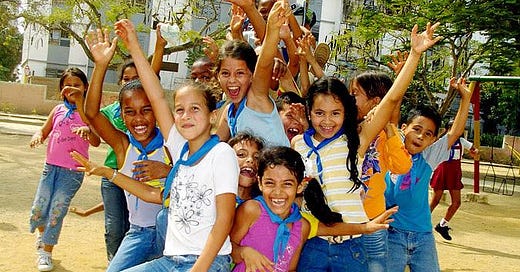Cuba celebrates National Day of Rebellion
July 26 and the reaffirmation of the Cuban struggle for food sovereignty
On July 26, 1953, Fidel Castro led an attack on the Moncada military barracks in Santiago de Cuba, thus proclaiming in political practice a new stage of the unfinished Cuban revolution, which had been initiated in 1868. The intention of the Moncada assault was to seize weapons for the launching of a guerrilla struggle in the mountains, with the goal of taking political power from the U.S.-supported Batista dictatorship. The assault failed, and 70 of the 126 assailants were killed, 95% of them murdered after capture in a four-day period following the assault.
Arrested and placed in solitary confinement, Fidel was brought to trial separately from his comrades. His address to the Court on October 16, 1953, was not open to the public or the press. A written version of the address was smuggled out of Fidel’s prison cell and distributed clandestinely. Known as “History Will Absolve Me,” the document was at once a manifesto and a proposed program of action for the revolutionar…


